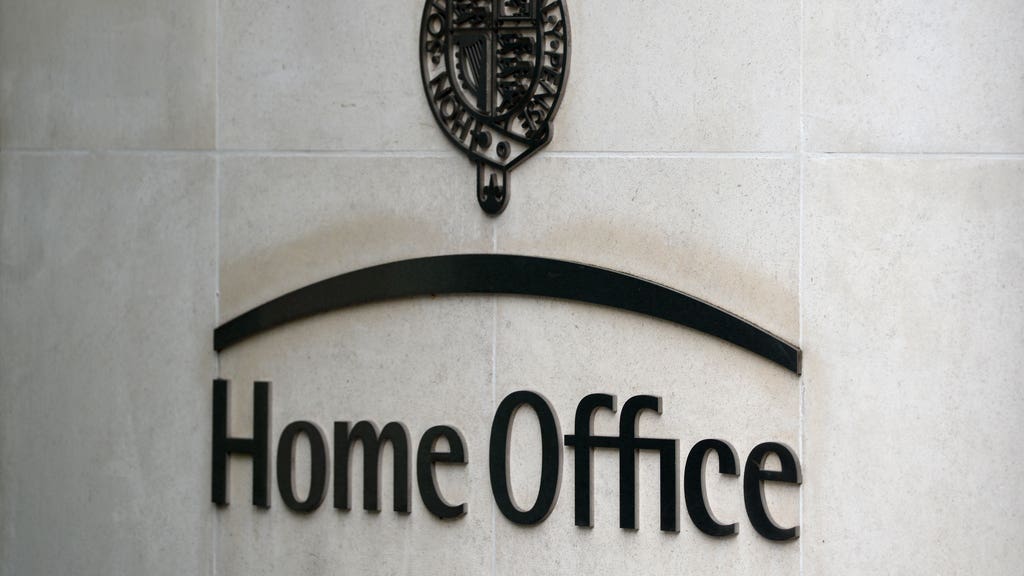‘I was sent into exile’: Home Office forced to reinstate British man’s citizenship after five years
Lawyers for the man, known as E3, were not shown the evidence that led to his loss of citizenship

A British man left stateless by the government in 2017 has had his UK citizenship restored after a lengthy court battle.
The 40-year-old, identified in court documents as E3, was stripped of his citizenship in 2017 after the UK government sent a deprivation of citizenship order to his mother’s address, shortly after he flew to Bangladesh for the birth of his daughter.
The document alleged that E3 was “an Islamist extremist who had previously sought to travel abroad to participate in terrorism-related activity”, arguing that he posed a threat to national security and would not be allowed to return to Britain.
His lawyers were not given any evidence of the criminal activity on which the decision was based because it was rendered “secret”.
Now, five years on, the Home Office has confirmed that his British citizenship will be restored – but the father-of-three still faces another court fight so that his daughter can become a UK citizen.
His case comes as the controversial Nationality and Borders bill goes through parliament. If passed, it would give the government new powers to remove a person’s citizenship without warning as long as they are eligible for citizenship of another nation, a move expected to affect almost half of Asian British people and two in five Black Britons.
“I never thought I would win my case; not because I am guilty of anything but because the system is set up to make you lose,” the man, who was born in London but is of Bangladeshi heritage, told The Independent.
“It was incredibly difficult. It is something that you cannot prepare for – you are suddenly cut off from your home, your family and friends, your job and source of income, and everything you take for granted.
“I was stranded in a country with a family were financially dependent on me and I had no way of providing for them.

“I couldn’t even approach the embassy or consulate for assistance as might happen if you get in trouble while abroad; nor could I approach the Bangladeshi authorities, not just because I was not a citizen but if they were to learn that the British government had accused me of terrorism, they would probably detain and torture me as they routinely do with terrorism suspects.
“I had been sent into exile for a crime that I was not told about; I was not brought before a judge had not even seen the evidence, so was not at all hopeful for a positive outcome to my appeal.”
Following his marriage in Bangladesh in 2013, he worked in the UK and sent money to his wife, before travelling to be with her on 19 April 2017 for the birth of his second daughter. A judicial review hearing is due to take place in the coming weeks for whether his youngest daughter, born after the decision to strip his citizenship, will be given British citizenship too,
“I have mixed emotions about returning to the UK: on the one hand, I am very excited to be coming back home, the country where I was born and raised, after almost five years in Bangladesh,” he said.
“At the same time, I am very sad at leaving my wife and daughters behind with their future remaining uncertain; part of the reason I have chosen to come home is to pursue my legal challenge against the government in the High Court for it to recognise my baby daughter as a British citizen so we can all live together in the UK in the future.”
Anas Mustapha, of advocacy group Cage, which is supporting E3’s family, told The Independent that E3’s case “exposes the cruel nature of citizenship deprivation”, which he said “nearly exclusively impacts Muslims and people of colour”.
Fahad Ansari, E3’s lawyer at Duncan Lewis Solicitors, said: “The manner in which then home secretary Amber Rudd moved to strip my client of his citizenship in 2017 was both cruel and cynical – she waited for him to leave the country to be present with his wife for the birth of his daughter and then proceeded to deprive him of his citizenship days before his scheduled return flight.
“Rather than further strengthening the powers of the home secretary, by removing the requirement to give notice, the government should be scrapping the racist deprivation power altogether.”
Lawyers have also criticised the citizenship measures in clause nine the Nationality and Borders Bill, warning they would give home secretary Priti Patel “unconstitutional power”. The Good Law Project published advice on the bill commissioned from leading barristers, Raza Husain QC, Jason Pobjoy and Eleanor Mitchell, instructed by Leigh Day solicitors.
It concluded that the bill’s provisions would have “a disproportionate impact on non-white British citizens”.
The Home Office declined to comment on this case.
Join our commenting forum
Join thought-provoking conversations, follow other Independent readers and see their replies
Comments
Bookmark popover
Removed from bookmarks